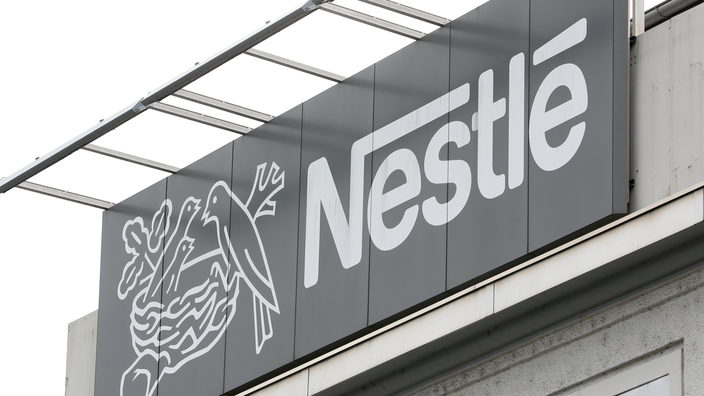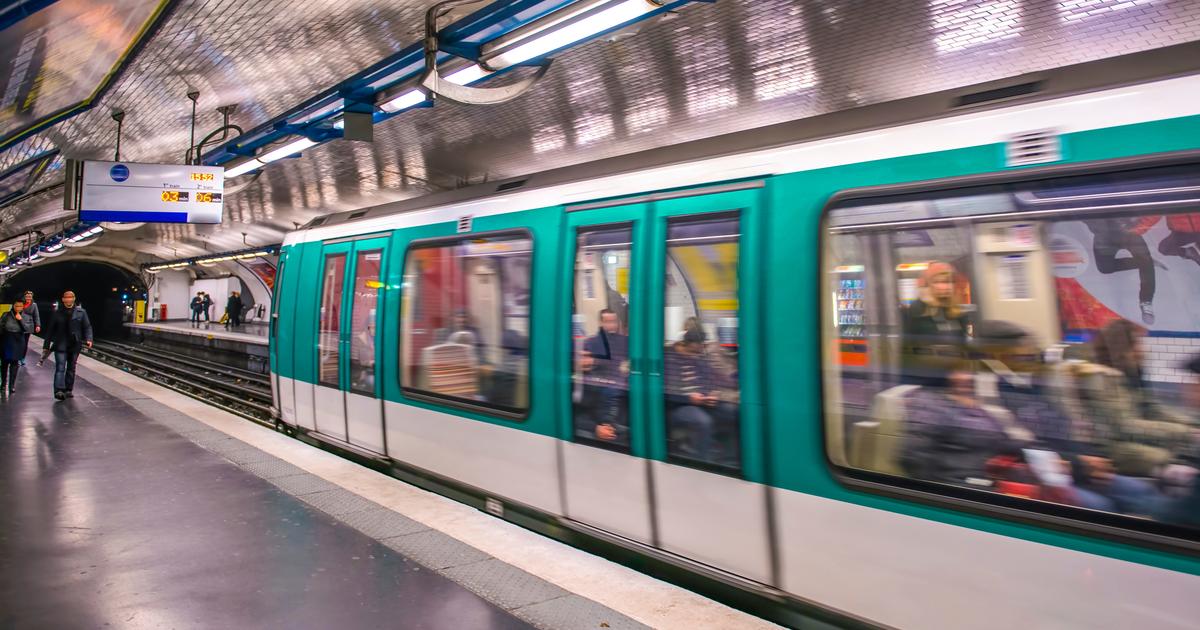While almost no large company in the world now opposes its imperatives of economic growth and sustainable development, it is an interesting sequence that two heavyweights in the agri-food and consumer goods sector have just offered.
Namely Danone (25.3 billion euros in turnover), and the Swiss Nestlé (85.5 billion euros).
The two giants have both set themselves the ambitious goal of being carbon neutral by 2050. But their timing is different.
Undisputed pioneer - with perhaps English Unilever - on these subjects of sustainable development, preservation of biodiversity, sustainable agriculture and decarbonation, Danone has just created a stir in circles of "responsible" capitalism, by announcing a significant reduction plan for its workforce.
Reverse paths
Caught up in the crisis, the group will cut 1,500 to 2,000 positions in its global headquarters, save one billion euros, and launch a vast review of its portfolio.
The goal: to regain economic profitability and solidity, to be better able to face the current crisis.
“A question of survival”
according to the group.
But it is above all a significant evolution in the speech of CEO Emmanuel Faber, more accustomed since his arrival in 2014 to defend social justice, than the race for profitability with his peers.
Fifteen days later, its Swiss competitor, which for its part has better withstood the crisis thanks to a review of its brands launched three years ago, is taking the opposite path.
The day after the publication of a ranking where it is at the top of the biggest plastic polluters (with Coca-Cola and Pepsico), and after three years of tending to its margins under the pressure of the activist Daniel Loeb, Nestlé finally details its climate roadmap.
Admittedly, he had already started last year on the road to carbon neutrality within 30 years.
But this objective needed to be detailed.
Notably so as not to risk losing consumers who are more and more careful about these themes.
Agriculture as a solution
The Vevey group knows it, which will put in the great means (also essential given its size).
By 2025, the group led by Mark Schneider will invest 3.2 billion Swiss francs (2.96 billion euros) to work towards this goal of carbon neutrality in 2050. First pillar: agriculture, closely responsible 70% of its carbon footprint (92 million tonnes of greenhouse gases in 2018).
To improve on this point, Nestlé borrows almost ironically a concept popularized by Danone: that of "regenerative" agriculture.
Namely agricultural practices improving soil health, and restoring ecosystems, often in return for a premium for farmers.
By 2030, Nestlé wants to incorporate more than 14 million tonnes of ingredients from this method of agriculture into its product recipes.
Or half of the volumes of its main agricultural raw materials.
Another lever for action: a vast reforestation program involving 200 million trees in 10 years, a carbon capture solution that has proven its worth.
Work on all fronts
On its other main items of greenhouse gas emissions, Nestlé will multiply initiatives: cuts in business travel, evolution of the portfolio towards more plant brands (such as Garden Gourmet, Garden of Life, Sweet Earth ... ).
The group will also upgrade its 800 factories around the world to 100% renewable energy within 5 years.
This already concerns 40% of its sites.
It will finally work on logistics (fleet of electric trucks, less air freight, etc.) or on its packaging (12% of its emissions) to reduce the use of virgin plastic, for example.
A goal for which he already announced at the beginning of the year his intention to invest nearly two billion euros.
The challenge and the lines of work are immense for Nestlé, the world leader in its sector.
The group has set itself a first step in reducing its emissions by 50% by 2030. But as the recent example of Danone shows, implement without setback and in full harmony with both economic, environmental and social objectives is no picnic.
Nevertheless, whatever the difficulties, this work will remain a strong strategic axis, in particular for the giants of mass consumption in direct contact with customers.
Those who find the right balance in this delicate recipe will secure a real competitive advantage.









